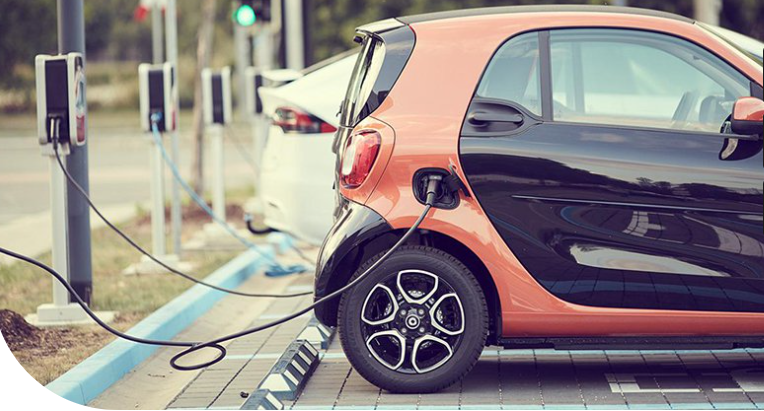Team Depower is happy to be in touch with you at any time.
Please feel free to reach out to us for business inquiries, partnership offers, or other customized services. It will be our great pleasure to answer your queries.
Fast charging technology has revolutionized the electric vehicle (EV) industry, providing a convenient way to recharge EV batteries quickly. However, despite its benefits, fast charging also poses several challenges. In this article, we will discuss the top five challenges of fast charging for electric vehicles and explore potential solutions.
Fast charging puts additional stress on EV batteries, leading to accelerated degradation over time. The high charging currents generate heat, which can impact battery performance and reduce its overall lifespan. Manufacturers are constantly working on improving battery chemistry and cooling systems to mitigate this issue. Additionally, implementing intelligent charging algorithms that optimize charging speed based on battery health can also help minimize degradation.
Fast charging requires a significant amount of power, placing strain on the existing grid infrastructure. Insufficient power capacity can lead to voltage fluctuations and grid instability. To overcome this challenge, upgrading the grid infrastructure is crucial. This involves installing high-capacity transformers, increasing substation capacity, and integrating smart grid technologies to manage the load effectively.

Fast charging generates heat within both the charging station and the EV battery. Excessive heat can degrade battery performance and even lead to safety hazards. Effective heat management solutions such as liquid cooling systems and advanced thermal management techniques can dissipate the heat generated during fast charging, ensuring optimal battery performance and longevity.
The EV market consists of various manufacturers, each with their own charging standards and connectors. This lack of standardization poses a challenge for fast charging infrastructure. To address this issue, efforts are underway to establish global standards for EV charging, such as the Combined Charging System (CCS) and CHAdeMO. These standardized connectors will ensure compatibility between different EV models and simplify the fast charging process.
Building a robust fast charging network requires significant investment in infrastructure deployment and maintenance. The cost of installing fast chargers, upgrading power distribution systems, and maintaining reliable connections can be a major challenge. However, as the adoption of EVs increases and economies of scale come into play, the cost of fast charging infrastructure is expected to decrease over time.
Fast charging is a game-changer for electric vehicles, allowing for quick and convenient recharging. However, it also comes with its fair share of challenges. Addressing battery degradation, upgrading grid infrastructure, managing heat effectively, establishing standardization, and reducing the cost of fast charging infrastructure are crucial steps towards overcoming these challenges. By addressing these issues, we can ensure a seamless and efficient fast charging experience for electric vehicle owners, further driving the transition to sustainable transportation.